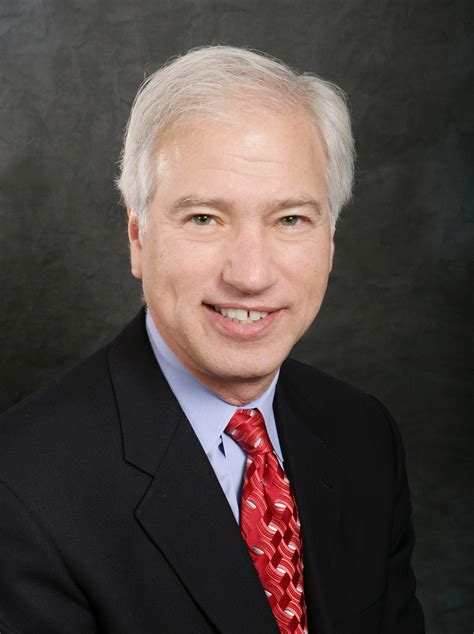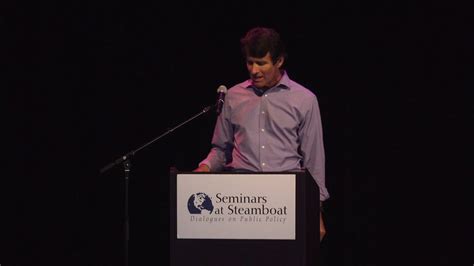A Quote by Barack Obama
In the United States, if 43 percent of eligible voters do not vote, then democracy is weakened.
Related Quotes
Only 1 percent of the homosexual population in America will die of old age. The average life expectancy for a homosexual in the United States of America is 43 years of age. A lesbian can only expect to live to be 45 years of age. Homosexuals represent 2 percent of the population, yet today they're carrying 60 percent of the known cases of syphilis.
Is there any other democracy where the voters are as spoiled as they are in the United States? Especially, of course, in certain states, such as Iowa and New Hampshire, where the old joke is literally true about the citizens who say they haven't yet formed an opinion about a candidate because they've only met the fellow a few times.
10 years ago [in 2006], nearly 90 percent of those albums sold enough in that year to reach Gold status. 10 years later, about 30 percent were eligible. With the new rules, we figure about 40 percent of the top 200 best-sellers for the year will be eligible. We were very cautious in our approach to changing how we calculate what is eligible because the integrity of the process is our foremost consideration. It's difficult to get certified sales awards, and it's a big deal and we didn't want there to be a huge change in how many would be eligible.
The United States of American business pays the second-highest business taxes in the world, 35 percent. Ireland pays 11 percent. Now, if you're a business person, and you can locate any place in the world, then, obviously, if you go to the country where it's 11 percent tax versus 35 percent, you're going to be able to create jobs, increase your business, make more investment, et cetera. I want to cut that business tax. I want to cut it so that businesses will remain in the United States of America and create jobs.
Democracy, in the United States rhetoric refers to a system of governance in which elite elements based in the business community control the state by virtue of their dominance of the private society, while the population observes quietly. So understood, democracy is a system of elite decision and public ratification, as in the United States itself. Correspondingly, popular involvement in the formation of public policy is considered a serious threat. It is not a step towards democracy; rather it constitutes a 'crisis of democracy' that must be overcome.
Look at Germany where 20 percent of the labor force is in manufacturing compared to about 8 percent in the United States. Germany pays a lot more conscious attention at the level of the federal government to attracting and keeping manufacturers in Germany. So this is something that other countries do that the United States has not historically done.

































